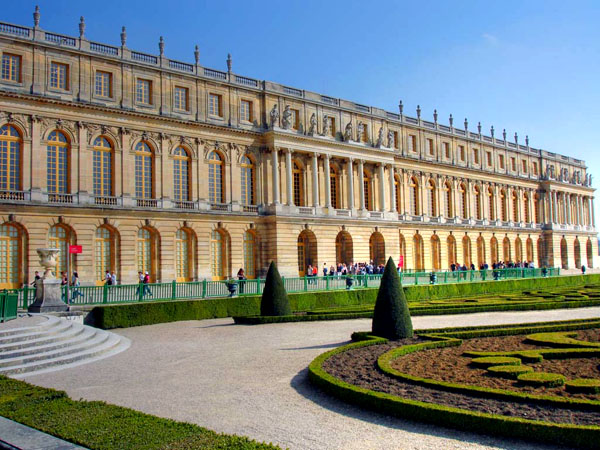 After reading the textbook assignment for this unit, write a paragraph that answers the following question:
After reading the textbook assignment for this unit, write a paragraph that answers the following question:
According to the textbook,
what were some of the important historical developments that shaped European culture in the
seventeenth century?
Your paragraph should be about
one-half page in length, double-spaced with one-inch margins, font size 10 or 12; it should
contain a concise topic sentence that directly responds to the assigned
question. Since you are using your own words to
summarize the information in the textbook in this assignment, you do
not have to use quotes or page citations. You
may consider submitting a draft of your assignment to your instructor for
feedback before submitting the assignment for a grade. Please send some specific questions that you would like answered about
your draft. The questions can be general (Is my thesis/first sentence clear?) or
specific (Is the phrase, "Chardin was jeweller," written correctly?).
Your assignment should be sent to your course
instructor following the directions
for submitting assignments.
Please take a moment to review all of my support materials in
Charlie's History Writing Center for
additional information on the writing requirements for the assignments in the course.
The Required Seventeenth-Century Paragraph is worth a maximum of 50 points.
 I selected your textbook (and I have been known to switch every few years) after
careful consideration of the book's content and organization and the authors'
goals and objectives; those areas closely match my objectives in
teaching this course. I want you to pay close attention to your reading in
the textbook, because that reading is a crucial part of your
learning in the course. Look for the key terms and reflect
on the questions to consider as you read your textbook. In addition:
I selected your textbook (and I have been known to switch every few years) after
careful consideration of the book's content and organization and the authors'
goals and objectives; those areas closely match my objectives in
teaching this course. I want you to pay close attention to your reading in
the textbook, because that reading is a crucial part of your
learning in the course. Look for the key terms and reflect
on the questions to consider as you read your textbook. In addition:
- Write down questions that come to mind
- Make marginal notes in your textbook when something strikes you
- Underline or highlight important concepts or definitions/events
|

